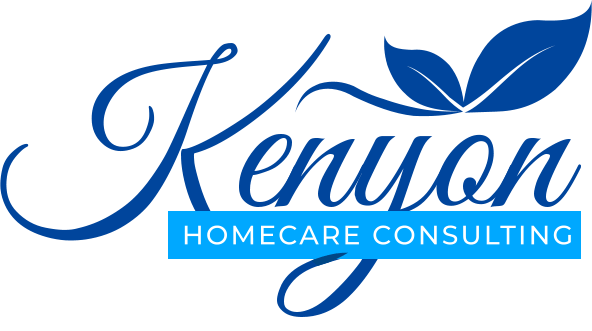“Dancing with the Stars” has been blowing viewers away for 21 seasons. What’s their secret? It’s hard to nail down one single factor that contributes to the show’s success – there are numerous things that go on behind the scenes, things we as viewers can’t even comprehend. Just as with all the great shows on television, embarking on a homecare start-up takes time, dedication, and a whole lot of work. But the return is well worth the investment.
Comparing “Dancing with the Stars” and a Homecare Start-up
To get you headed in the right direction, here are six lessons from “Dancing with the Stars” that can be applied to your homecare start-up efforts.
Lesson 1: Production Begins With a Plan
Behind every amazing production – whether it’s a million-viewer show or a homecare start-up – is loads of planning. For a show like “Dancing with the Stars,” that planning includes finding the right cast, staging, practicing and much more.
When launching your homecare agency, planning means determining the services you’ll offer, finding a place to hang your hat, meeting licensing requirements and hiring staff. But before you do any of that, it’s crucial to perform adequate market research. This research will help you make the rest of those important decisions.
Lesson 2: Promotion Creates Buzz
A show – and a homecare agency – can’t succeed without the proper promotion. With a major show, promotion is TV ads and social media. But how do you promote your homecare start-up before it’s even launched?
Creating a buzz around your agency before it opens is one of the best ways to ensure success. Here are a few ideas:
Network with medical professionals in your community and let them know about your plans
Place ads with your launch date in local publications
Speak with an industry expert for more ideas
Lesson 3: Community Is Key
Ever heard the expression, “it takes a village”? That’s not only true about raising a child; it’s also relevant to putting on a TV show and starting a homecare organization. TV shows require camera crews, actors (or contestants, in the case of “Dancing with the Stars”), directors, producers, and musicians.
For the best chance of success with your homecare start-up, surround yourself with plenty of behind-the-scenes support. What does this look like? Basically, it’s your staff. Managers, office assistants, aides, and others supporting roles all have a huge impact on the way your organization is run.
Lesson 4: Practice and Perseverance Make Perfect
We’ve all been told practice makes perfect, but that’s only partly true. Any successful producer or business owner will tell you it’s not just the practice that gets results – it’s the perseverance.
Whether it’s a big-time TV dance competition or a homecare start-up you’re pursuing, there will be times you want to give up. But the only way to attain your goals is to keep pushing. Even when that means working on your business plan past midnight!
Lesson 5: Everybody Needs a Coach
If you’ve watched “Dancing with the Stars,” you know each star gets paired with a pro dancer – a coach. These coaches not only teach their partners dance steps and correct form, but they also serve as a foundation of encouragement. Coaches push the beginners and celebrate when goals are obtained.
Engaging a coach or expert in the homecare industry to guide you through all phases of a start-up is a very powerful tool. Their knowledge and experience will pave your way toward success.
Lesson 6: The Show Must Go On
In show business, there’s a popular saying: “the show must go on.” No matter what happens offstage, the audience is waiting for a performance.
In homecare, focus on your clients – the frail and elderly – that depend on your services. No matter the effort or delays, focus on your goals. With planning, promotion, perseverance and an experienced coach your homecare start-up can be a reality!
Achieving Homecare Start-up Success
At Kenyon Home Care Consulting, we’ve got the experience and the know-how to guide you on the path toward homecare startup success. From customized forms, to recruitment strategies and aide education, we’ve got you covered. Contact us to get started now!










